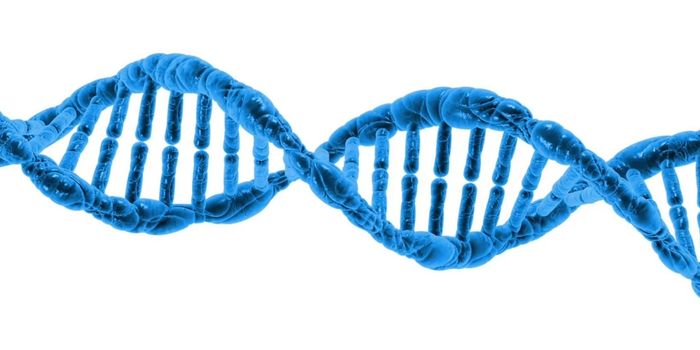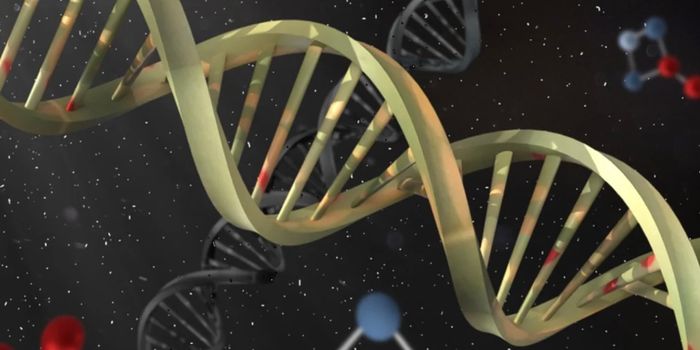Genetic Evidence That Alcohol Can Advance Aging
Excessive or binge drinking can cause plenty of immediate problems for drinkers, like risky behaviors, car crashes, violence, or injuries from falls, burns or drownings, for some examples. Heavy alcohol use over time can also lead to a variety of health problems including weaker immune systems, memory problems, dependence issues, social problems, mental heath disorders, and a higher risk of diseases including liver damage, stroke, heart disease, or some types of cancer. Researchers have now found genetic evidence that alcohol intake can accelerate the biological aging process. The findings have been reported in Molecular Psychiatry.
Telomeres are like protective caps that sit on the end of chromosomes. These repetitive sequences of DNA have previously been associated with aging, and get shorter with each round of cell division. So over time, telomeres in older people are shorter than those in younger people. Short telomeres have also been associated with some age-related diseases. When telomeres are very short, cells can no longer divide and they can eventually die.
In this study, the investigators used genetic, health, and self-reported alcohol use data from more than 245,000 participants in the UK Biobank. Telomere length was measured by examining leukocytes in some participants. All but 7 percent were current drinkers, with 3 percent never drinking and 4 percent have imbibed previously, but not currently. The average age of participants was 57.
Alcohol appears to damage telomere DNA, according to the new study. The study revealed a significant correlation between short telomeres and higher levels of alcohol intake. Drinking more than about 15 five-ounce glasses (about 150 ml) of wine (~14% alcohol content) in one week was linked to one to two years of age-related changes in telomeres, compared to those who drank less than 4 five-ounce glasses of wine per week.
A tool called Mendelian Randomisation (MR) was also applied, which can be used to assess an individual's exposure level. The researchers examined genetic variants that have been linked to alcohol use disorders and intake. MR showed that when alcohol consumption was predicted to be high, based on genetics, telomeres were more likely to be shorter. Higher alcohol intake was linked to accelerated aging, but only when individuals were heavier drinkers. The study authors suggested that there may be a threshold, or minimum amount of alcohol intake before telomeres are damaged.
"These findings support the suggestion that alcohol, particularly at excessive levels, directly affects telomere length. Shortened telomeres have been proposed as risk factors which may cause a number of severe age-related diseases, such as Alzheimer's disease," said study leader Dr. Anya Topiwala of Oxford Population Health. "Our results provide another piece of information for clinicians and patients seeking to reduce the harmful effects of excess alcohol. Furthermore, the dose of alcohol is important, even reducing drinking could have benefits."
For men, heavy drinking is defined by the National Institute on Alcohol and Alcoholism as over four drinks in one day or more than fourteen drinks in a week, while for women it's three drinks in a day or seven in a week. Binge drinking is just a little higher, at five drinks for men and four for women - a level that brings the blood alcohol content to 0.08 grams of alcohol per deciliter or more. A drink is a twelve-ounce glass of beer, five-ounce glass of wine, or 1.5 ounces of liquor.
While this study is not a conclusive demonstration that alcohol changes the length of telomeres, the effects that were observed in this study were not seen in people who had never taken alcohol, or were not currently drinkers. The study authors suggested that alcohol may be affecting inflammation and oxidative stress, which can damage DNA and reduce healthy antioxidant levels.
Sources: University of Oxford, Molecular Psychiatry









